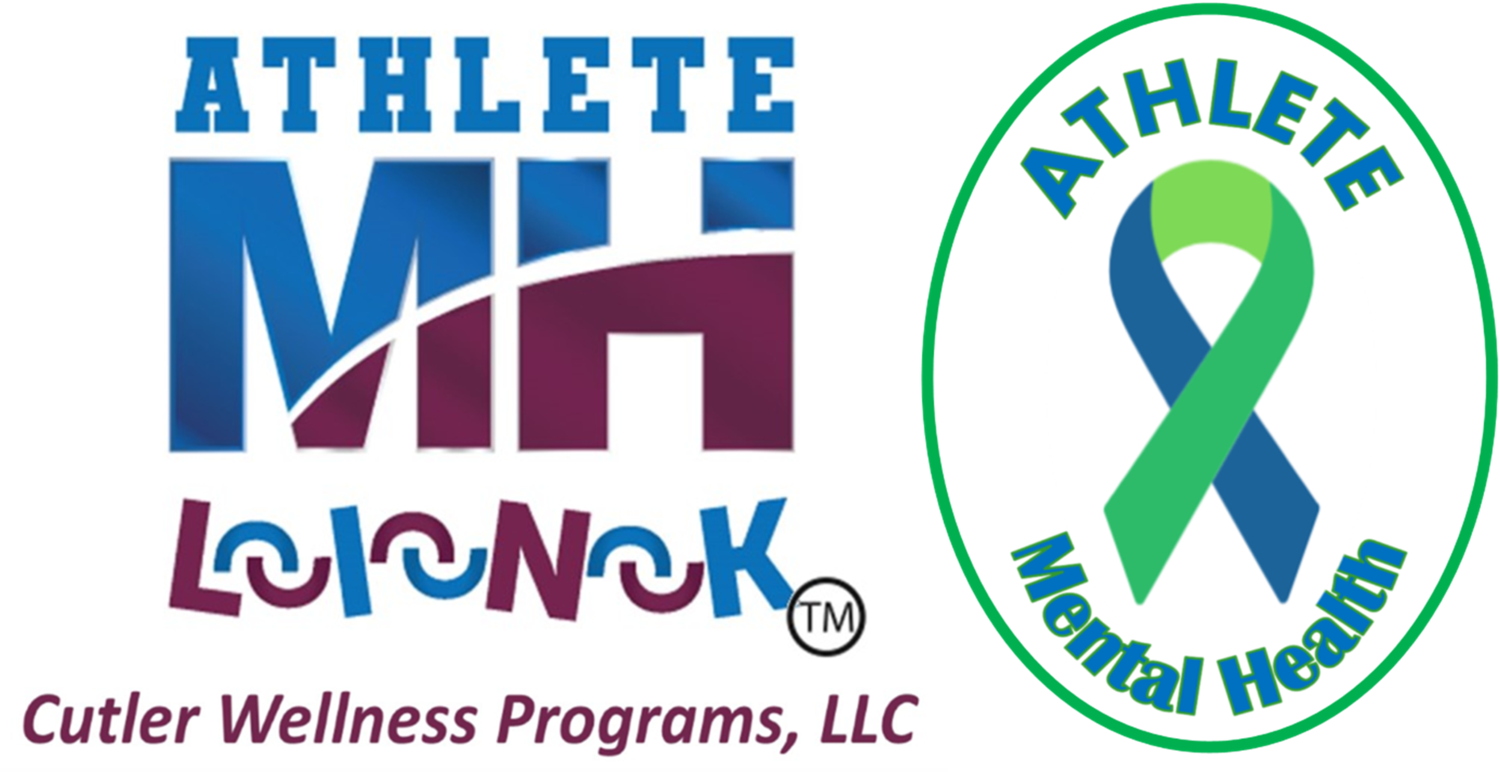
MENTAL HEALTH RESOURCES & HELP LINES
Mental Health Screening Tools
Online screening is one of the quickest and easiest ways to determine whether you are experiencing symptoms of a mental health condition.
Mental health conditions, such as depression or anxiety, are real, common and treatable. And recovery is possible.
Screening for Depression
If you suspect that you might suffer from depression, answer the questions below, print out the results, and share them with your health care professional.
To locate a specialist who treats depression, visit the ADAA Find a Therapist.
College Student Screener
The Self Evaluator, while evidence-based, is for informational and educational purposes only and is not intended to constitute medical advice or be a substitute for professional diagnosis and treatment.
National Mental Health Resources
The information below is meant for individuals or friends and family members of individuals that may need mental health support.
In an emergency call 911 immediately
Crisis Help Lines
If you or someone you know is suicidal or in emotional distress, contact the National Suicide Prevention Lifeline . Trained crisis workers are available to talk 24 hours a day, 7 days a week. Your confidential and toll-free call goes to the nearest crisis center in the Lifeline national network. These centers provide crisis counseling and mental health referrals
Every texter is connected with a Crisis Counselor, a real-life human being trained to bring texters from a hot moment to a cool calm through active listening & collaborative problem solving. All of Crisis Text Line's Crisis Counselors are volunteers, donating their time to helping people in crisis.
Loveisrespect.org
is the ultimate resource to empower youth to prevent and end dating abuse. It is a project of the National Domestic Violence Hotline.
Mental Health Awareness and Educational Resources
Mental health issues affect many people including student-athletes.
Recognizing the signs of mental health problems and knowing how to talk to someone about mental health can make a big difference.
These mini-dramas demonstrate several strategies that can be used to make mental health referrals.
Click on a photo below to view their story
Opioid Addiction and the Student Athlete
Hendricks County Health Partnership in Indiana cautioning about SA addiction to Opioids.
Network provides information on its website and through its publications as a public service. We cannot respond to specific questions regarding personal situations, appropriate diagnosis or treatment, professional resources available in your area, or otherwise provide any clinical opinions. We understand, however, that people may have arrived at NCTSN.org because they are looking for such help, and we have organized a variety of useful resources and websites below.
Our Mission: To normalize society’s perception of mental health and make it part of our everyday conversation.
offers education, support, and inspiration to eating disorder sufferers & their loved ones. Resources include articles on eating disorder treatment options, support groups, recovery tools and more. Whether individual struggles with bulimia, anorexia, body image distortion, or binge-eating disorders, Eating Disorder Hope™ can help.
The National Eating Disorders Association (NEDA) is the largest nonprofit organization dedicated to supporting individuals and families affected by eating disorders. NEDA supports individuals and families affected by eating disorders, and serves as a catalyst for prevention, cures and access to quality care.
Get general information on mental health and locate treatment services in your area. Speak to a live person, Monday through Friday from 8 a.m. to 8 p.m. EST.
Information & Support for Survivors
Dedicated to ending sexual assault and abuse
PTSD and Young People
Post Traumatic Stress Disorder (PTSD) is an anxiety disorder that can develop after experiencing or witnessing a major trauma.
Social Justice Support Systems
The information below is meant to offer advocacy options for athletes that want to learn how to get involved in Social Justice projects or use their “Athlete’s Voice” to seek social justice.
AASJS was created in June 2020 as a result of athletes international response to racial unrest. However, AASJS is the reincarnation of the Student-Athletes Human Rights Project (SAHRP) a former 501(c)3 that advocated for the rights of college athletes at UNC, Rutgers, Colorado State, Wisconsin and more.
Our Mission
Rawls defines social justice as "fairness". We focus on social justice issues in sports and social issues important to athletes. Our full agenda is under development and we welcome ideas. The initial AASJS agenda will include three college sports and three professional sports agenda items.
















